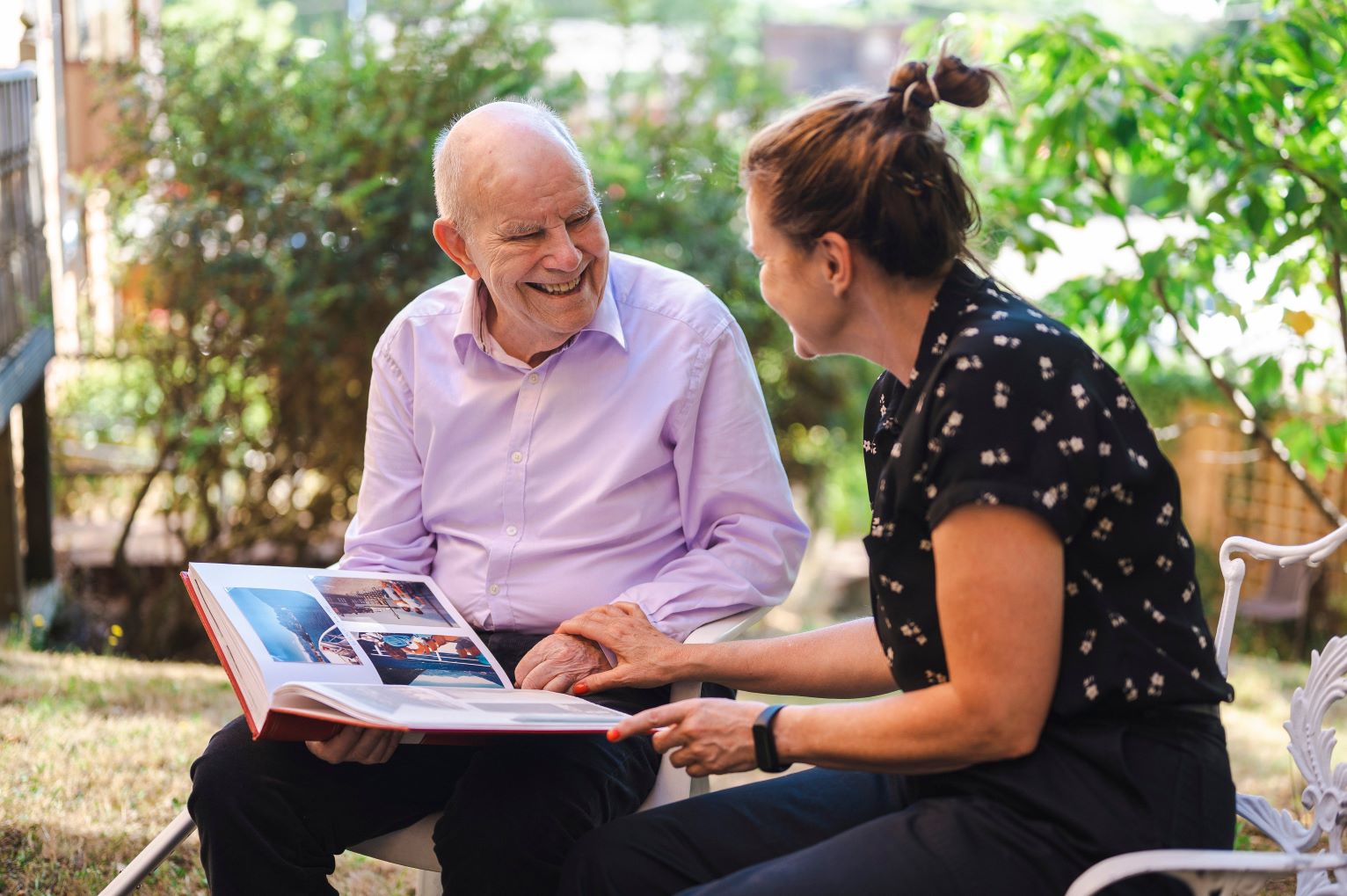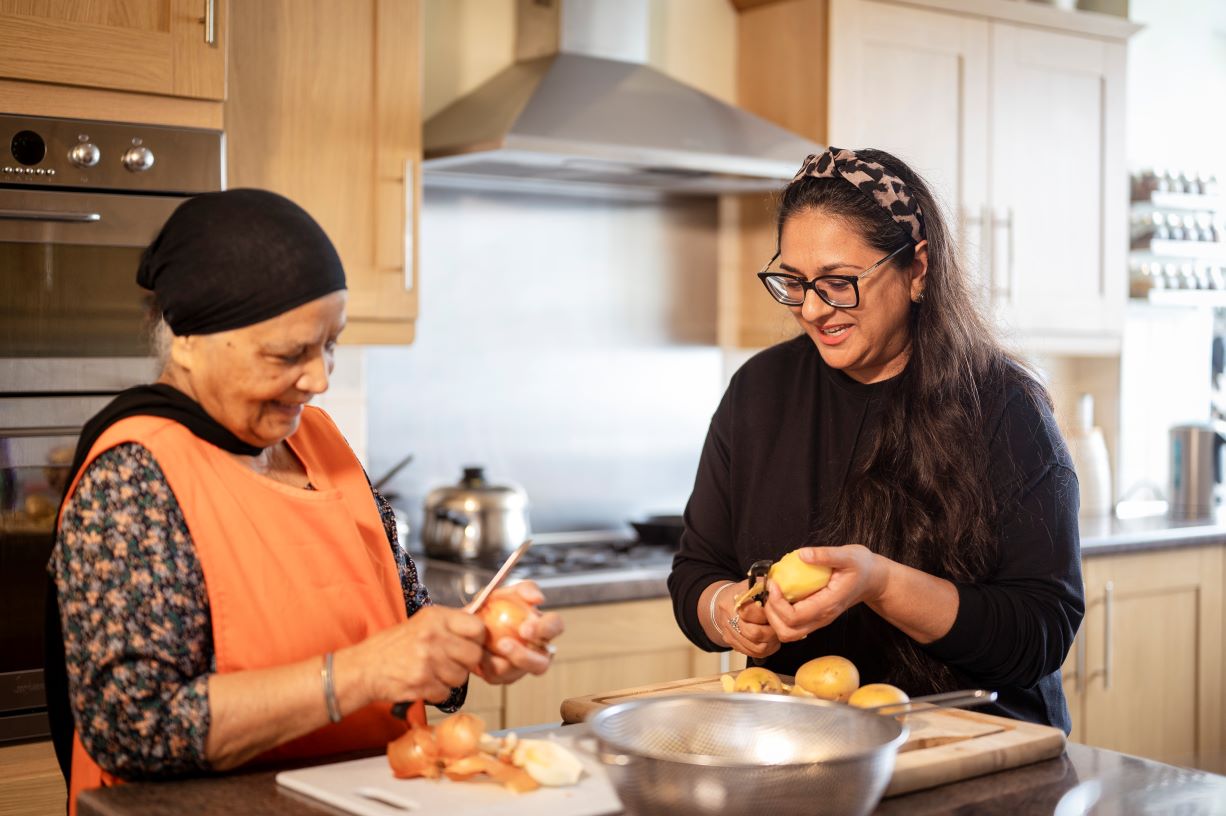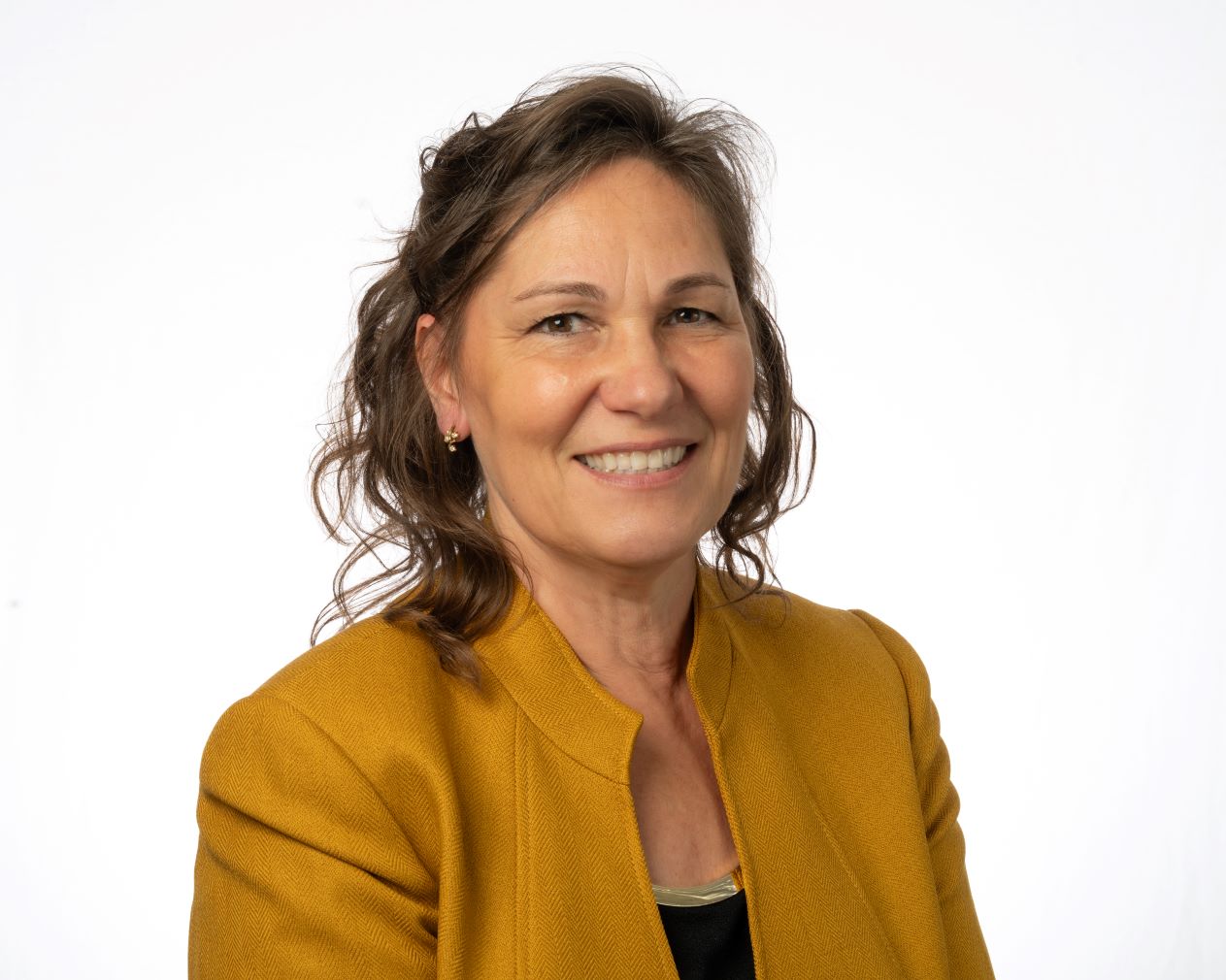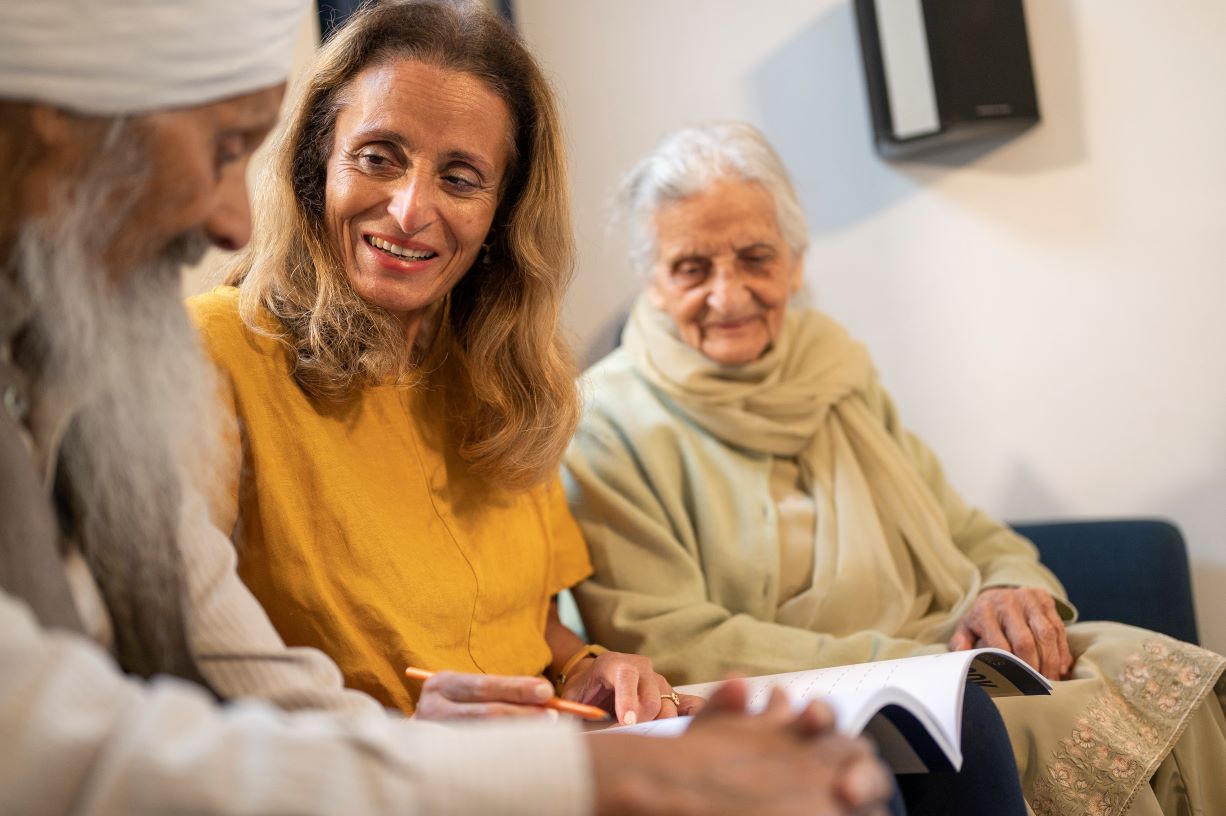What is Gerontology?
Gerontology is the scientific study of aging processes and topics related to an aging society. It is both an applied and basic science that examines the physical, mental, social, emotional, vocational, and spiritual factors influencing aging. Although gerontology focuses on adults age 65 and older, the discipline recognizes that aging is best understood through a life course lens. Who we become in later life is shaped by the life we have lived, including social, economic, and environmental conditions that influence health and well-being. Unlike geriatrics, which concentrates on medical care, gerontology takes a broad, interdisciplinary approach, drawing on fields such as biology, psychology, sociology, public health, and social work to understand the aging process and the process of aging.

.png)




